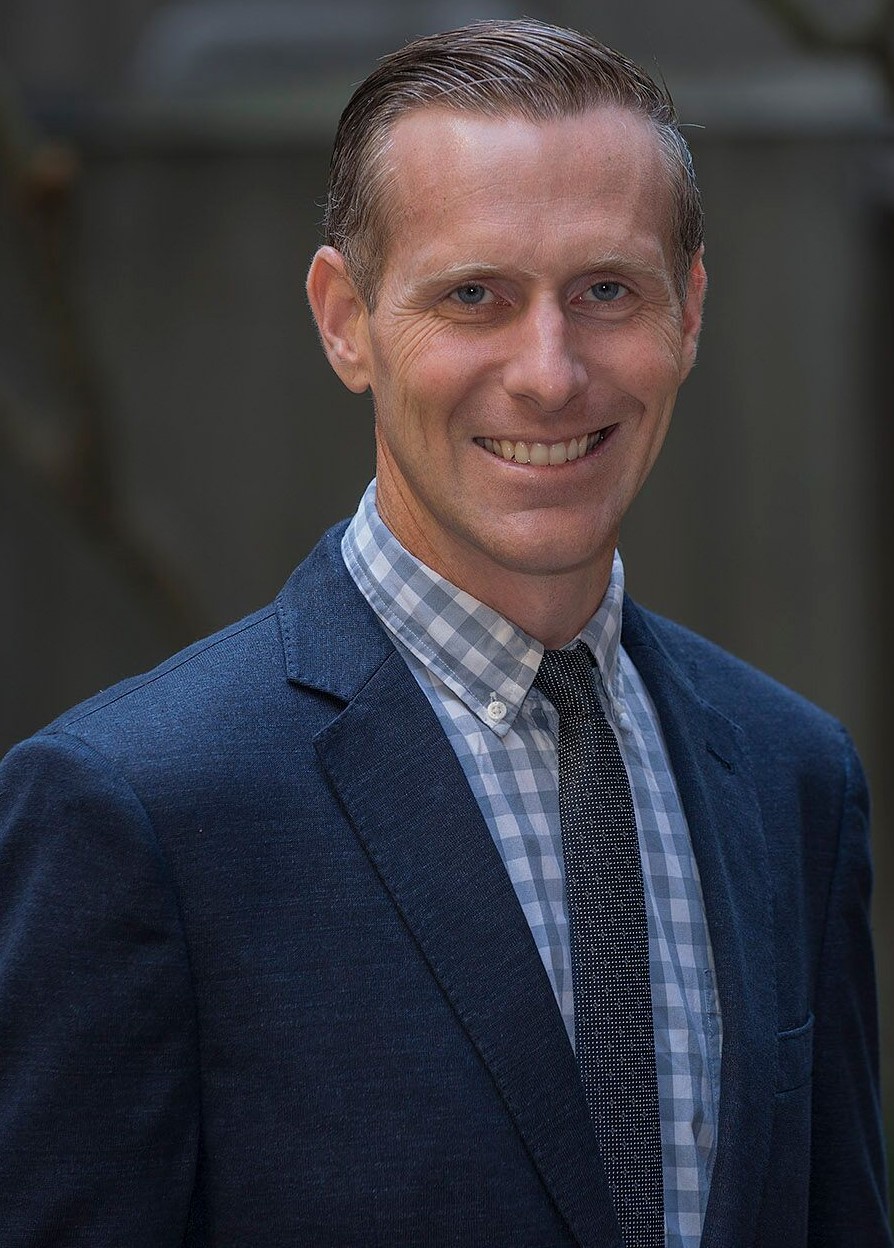
Contact Information
Name: Ryan Fuller
Title: Assistant Professor
Office Location: 2047 Tahoe Hall
Email: ryan.fuller@csus.edu
Office Phone: 916.278.7393
Mailing Address: 6000 J St.
Office Hours: TBD
Courses That I Teach
HROB 152: Management Skills
MGMT 102: Business Communications
MBA 202: Business Communications
Publications
Pyle, A.S., Fuller, R.P., & Ulmer, R.R. (in press). Discourse of renewal: State of the discipline and vision for the future. Handbook of Applied Communication Research. Wiley.
Fuller, R.P., Ulmer, R.R., McNatt, A.B., & Ruiz, J.B. (2019). Extending discourse of renewal to preparedness: Construct and scale development of readiness for renewal. Management Communication Quarterly. doi: 10.1177/0893318919834333
Fuller, R.P., & Rice, R.E. (2019). Protracted conflict in the entertainment industry: The case of the 2008-2009 Screen Actors Guild negotiations. Journalism Studies. doi: 10.1080/1461670X.2018.1513817
Whalen, D. J., Cummings, J., Fuller, R.P., Iluzada, C., McKenna, C., Sloan, P., Albers, R., Carney, W., Corrales, K. A., Mandrell, L., Cardon, P., Crenshaw, C., Langston, K., Quagliata, A. B. (2018). Selections from the ABC 2017 annual conference, Dublin, Ireland: Teaching with Yeats’s elegance and Wilde’s wit. Business and Professional Communication Quarterly. 81(3), 368-390. doi: 10.1177/2329490618768023
Fuller, R.P., & Putnam, L.L. (2018). Union framing of conflict-related issues in the entertainment industry. Conflict Resolution Quarterly, 36(1), 53-67. doi:10.1002/crq.21221
Mirivel, J.C., & Fuller, R.P (2017). Relational talk at work. In (B.Vine, Ed.), The Routledge handbook of language in the workplace. New York: Routledge.
Fuller, R.P., & Putnam, L.L. (2017). Planning for a negotiation. In J. P. Fyke, J. Faris, and P.M. Buzzanell (Eds.), Cases in organizational and managerial communication: Stretching boundaries (pp. 161-166). New York: Routledge.
McIntyre, K., & Fuller, R.P. (2016). A programmatic approach to community-based learning at a metropolitan university: The UALR Speech Communication Department. In C. Wankel and L. Wankel (Eds.), Integrating curricular and co-curricular endeavors to enhance intellectual, intercultural, global, community, and personal student outcomes (pp. 165-194). Emerald Publishing Group.
Fuller, R.P. The big breach (2016): An experiential learning exercise in mindful crisis communication. Communication Teacher, 30(1), 27-32. doi:10.1080/17404622.2015.1102306
Fuller, R.P., & Rice, R.E. (2014). Lights, camera, conflict! Newspaper framing of the Screen Actors Guild negotiations. Journalism & Mass Communication Quarterly, 91(2), 326-343. doi:10.1177/1077699014527455
Putnam, L.L., & Fuller, R.P. (2014). Turning points and negotiation: The case of the 2007-2008 writers’ strike. Negotiation and Conflict Management Research, 7(3), 187-211. doi:10.1111/ncmr.12032
Rice, R.E. & Fuller, R.P. (2013). Theoretical perspectives in the study of communication and the Internet, 2000-2009. In W. Dutton, (Ed.), Oxford handbook of Internet studies (pp. 353-377). Oxford, UK: Oxford University Press.
Weber, R. & Fuller, R.P. (2013). Statistical methods for communication researchers and professionals. Dubuque, IA: Kendall Hunt Publishing Company.
Research Projects/Interests
In my research, I seek to address organizational phenomena that are traditionally regarded as destructive or harmful. In the areas of crisis management and conflict management, I attempt to contribute meaningfully to extant scholarship, explain applications of findings to practitioners, and address not only the threatening aspects of these phenomena but also identify opportunities such as learning and improvement. A tertiary research interest includes experiential learning. In this line of research, I seek to share novel, effective pedagogical strategies and trainings for management-related topics including, but not limited to, crisis and conflict.
First, my research on crisis management seeks to answer questions related to the crisis management cycle of pre-crisis, crisis, and post crisis. With the pre-crisis stage, I am interested in what organizations are doing to prevent a crisis or lessen its impact. In the crisis and post-crisis stages, I am interested in whether and how organizations meet the information needs of their stakeholders, and whether their communication practices stabilize or destabilize order.
Second, my research on conflict management seeks to understand how framing and reframing of conflict issues, identities, and interaction processes contribute to the dynamics of conflict (escalation, de-escalation, impasse, resolution). Framing refers to how language choices foreground some aspects of a phenomenon while leaving other aspects in the background (similar to putting something in a picture frame), while reframing removes evaluative language or fundamentally transforms disputants’ understanding of an issue, identity, or interaction process.
Third, my research also focuses on experiential learning (including but not limited to scholarship of teaching and learning) in management topics. In this regard, I seek to share new teaching approaches that incorporate reflective practice and assess learning effectiveness.
Professional Associations
Association for Business Communication
International Association for Conflict Management